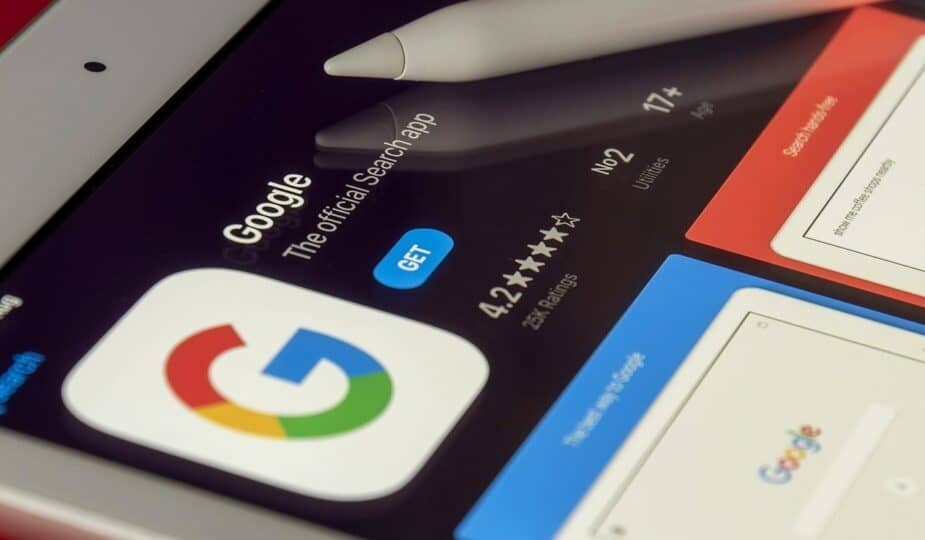Google Issues Proposed Defense in Ongoing Antitrust Lawsuit
 0 Facebook x.com Reddit BlueSky
0 Facebook x.com Reddit BlueSky
As Part of Ongoing Antitrust Lawsuit case involving its search engine, Google filed proposed remedies in response to the ruling, including how it could impact Apple.
Google has been the target of multiple antitrust lawsuits since 2023, when it was accused of knowingly violating antitrust laws. The Justice Department claimed the company was an illegal monopoly in the search market, and courts ultimately agreed with that assessment in August 2024. Now, Google has taken the next step, after which it plans to appeal.
Before Google can appeal, it must file a proposed measure. The proposed measure outlines steps Google could take to correct the problems identified in the original ruling. However, the company has made clear that it is only filing a proposed measure where required by law.
Google's Proposed Measures in the Antitrust Case
In the proposed measure, Google explains that it may change its existing contracts with so-called “browser companies” like Apple and Mozilla. Under the proposal, these companies would be able to implement different default search engines across different platforms and would be able to change their default search provider every 12 months.
In 2022, Google paid Apple $20 billion to become the default search engine on its platforms. The lucrative deal was revealed in a statement from Eddy Cue, Apple’s senior vice president of services, during the trial. Google’s latest proposed measures would allow Apple to, for example, implement one default search engine on the iPhone and offer another on the iPad.
While Apple could theoretically implement two different default browsers on the iPhone and iPad, if Google’s proposed measures are adopted, it would ultimately not benefit the company. Changing the default browser every 12 months would also have no positive effects.
Android device makers would be able to preload multiple search engines or ship any Google app regardless of whether Chrome or Search is preloaded under Google’s proposed changes.
Google strongly disagrees with the DOJ's decision and highlights the consequences of its proposed measures
Despite this, the company emphasizes the negative consequences that the changes will have. “They will be costly for our partners because they will regulate how they choose the best search engine for their customers,” Google said. “And they will impose onerous restrictions and oversight on the contracts that have driven down device prices and supported innovation in competing browsers…”
Google strongly disagrees with the Justice Department's antitrust ruling, calling it “overbroad” and saying it “will harm American consumers and undermine America's global technology leadership at a critical time.” The company says the Justice Department's proposal would require it to share users' search queries with competitors, both foreign and domestic, and that it would limit its ability to improve its products.
The company argues that it has succeeded through innovation and calculated investment, not because users are forced to rely on Google's search engine. Google also criticized the Justice Department's decision because the search engine landscape is “dynamic,” explaining that the rise of generative AI products has significantly changed the search market.
Other antitrust cases involving Google services
In another antitrust lawsuit, this time involving Google's advertising services, the Justice Department has called the company a “triple monopoly.” The Justice Department said Google has tangled up its advertising technology in a way that has stifled the growth of competing products by forcing publishers to rely on Google's systems for ad revenue.
The Justice Department also wants Google to sell its popular Chrome web browser. Google believes that doing so would ultimately undermine the browser's security, and the company isn't thrilled about the idea either.
While initial rulings have been made, Google is already planning to appeal the case involving its search engine. As a result, the existing antitrust lawsuits could drag on for months until a final verdict is reached.
Google's antitrust cases could impact Apple's ongoing lawsuits
In March 2024, the U.S. Department of Justice, along with several U.S. states, filed an antitrust lawsuit against Apple, accusing the company of monopolistic practices. The iPhone maker filed a motion to dismiss the lawsuit in August 2024 and asked the presiding judge to dismiss the case in November of that year.
The Justice Department also accused Apple of being a monopoly.
The lawsuit against Apple alleges that the company is a monopoly because it restricts iMessage for iPhone users and prevents third parties from accessing the iPhone's NFC technology. Apple introduced RCS support in iOS 18, and the Justice Department's case may be an inaccurate accusation.
The outcome of Google's antitrust lawsuits will likely impact the outcome of the case against Apple, not to mention its bottom line in services. At the same time, a new administration could lead to a very different outcome for Apple and similar big cases.
Follow AppleInsider on Google News









